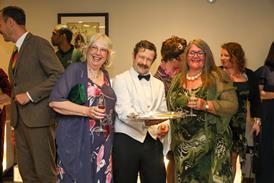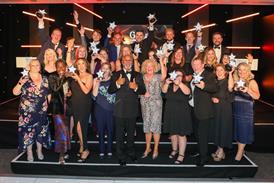Homeland star, F Murray Abraham, on life as an actor

F Murray Abraham speaks to Rachel Bailey about London show The Mentor, the importance of comedy and his passion for Shakespeare.
Please sign-in or register for free to continue reading
You are not logged in and your access limit has been reached

Complete our simple registration form so you can get more of this:
- News, ideas, reviews, features and expert advice for group trips and holidays
- Subscribe to our newsletters and e-mail alerts
- Get access to your own Account Centre where you can save articles and control your profile
- Enter competitions
It’s our job to help you organise brilliant group trips and holidays.
Get access to more great content – register for free
Alternatively, you can tell us a bit more about your interests and read as many stories and features as you like for free, with no monthly limit.



